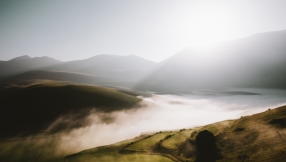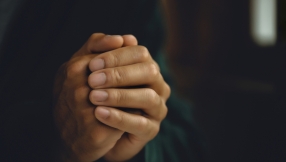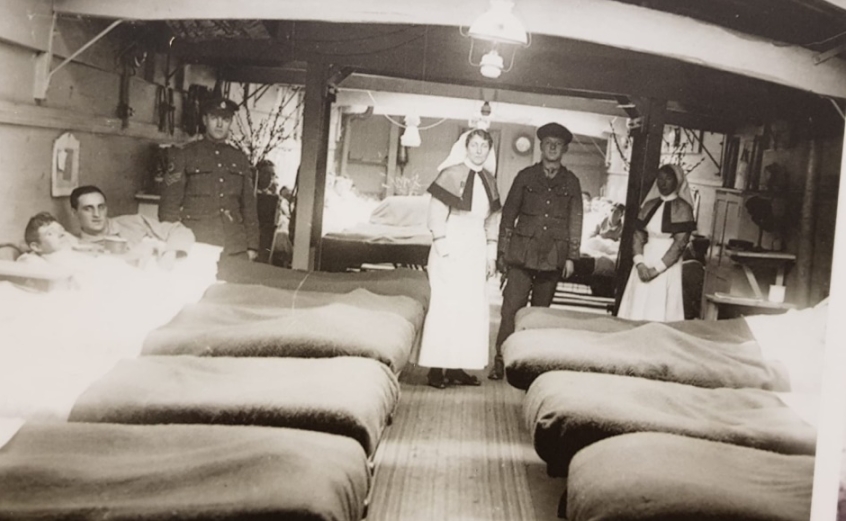
Meandering its way through the suburbs of Edinburgh is the historic Union Canal, a once bustling waterway that was at the heart of Scottish Victorian industry.
Where once barges transported coal and other minerals from Falkirk to the Scottish capital, today it is more synonymous with rest and recreation, a place for walking the dog or enjoying a quiet stroll.
Polwarth Parish Church, which sits on its banks, wants to utilise this historic waterway for the spiritual benefit of locals.
Affectionately known as the "Kirk on the Canal", the church is fundraising to buy a barge that will be used to provide spiritual, recreational and education activities.
For the barge project, called "All Aboard", the church is teaming up with local social innovation charity, People Know How, which works with children and young people in the city.
A jetty has already been constructed at the bottom of the church's garden bordering the canal. The next step is to raise enough funds to buy the barge.
It's part of the church's wider vision to promote community cohesion, wholeness and wellbeing - work that has been given a boost by cross-parliamentary recognition of another recent venture, a peace garden commemorating the brave nurses who served on board "floating hospitals" during World War I.
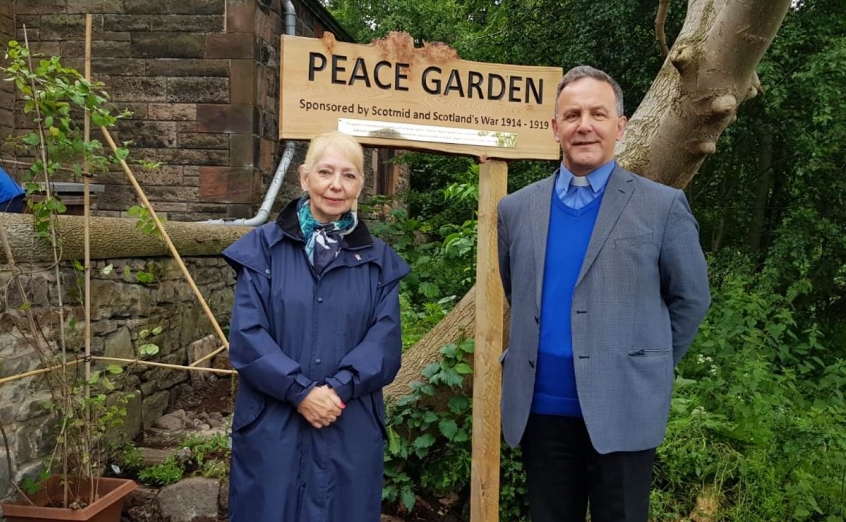
The floating hospitals were requisitioned canal boats that were converted into hospitals to treat wounded soldiers during the Great War.
The converted boats could hold around 30 beds each and were sent close to the front lines to retrieve the wounded in flotillas of six barges, manned by engineers from Britain's Inland Waterways.
The conditions for the women serving as nurses on board these vessels were often dangerous as the boats could only travel by daylight to help transport the wounded to hospital bases in French towns like Boulogne and Rouen. Travel by day meant that they had no cover from aerial bombardment.
An additional risk to the women came from the inhalation of toxic gas fumes coming off the patients' hair and clothes.
A plaque in the peace garden pays tribute to their bravery.
"This garden is dedicated to the memory of the nurses, doctors, orderlies, Royal Engineers and Inland Water Transport staff who, with great dedication and skill, cared for and transported the sick and wounded on Hospital Barges in all theatres of war in World War One," it reads.
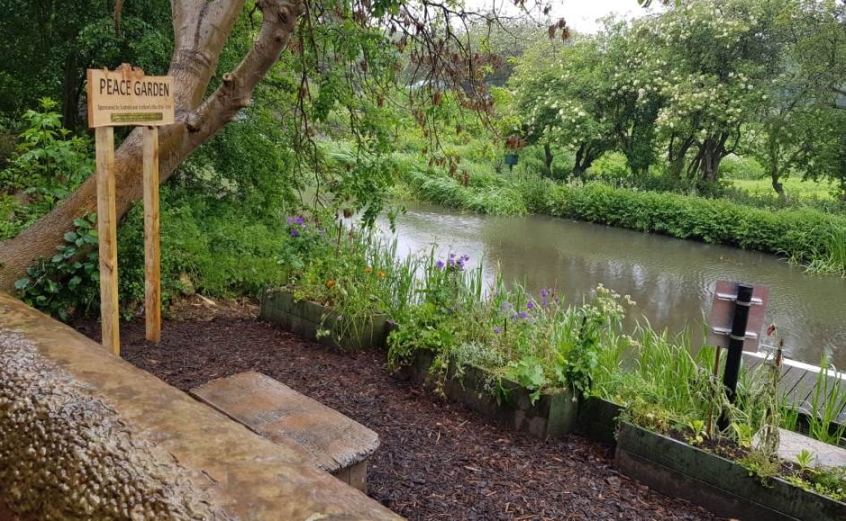
As the name suggests, the peace garden has been designed as a sanctuary where people can take a moment out of their day to rest and reflect.
Polwarth Minister, the Rev Jack Holt, said: "Our small but dedicated congregation is committed to making the Kirk on the Canal a location which nurtures community and a place where wholeness and well-being can be experienced by all ages."
Edinburgh South MP Ian Murray praised the church's community work. He said he had lodged an Early Day Motion in the House of Commons because the "tremendous job" being done by Rev Holt and the congregation deserved recognition and thanks.
"Polwarth Parish Church is at the heart of the local community, providing invaluable services to all," he said.
"Initiatives to use the canal as a point of learning, recreation, and worship is inspired."
He added, "These wonderful initiatives deserved to be recognised much further afield which is why I introduced congratulatory and recognition motions to Parliament."
The Early Day Motion has been signed by MSPs as well as Westminster MPs from across the parties.
Daniel Johnson, MSP for Edinburgh Southern, said of the peace garden: "It is an important tribute to the brave individuals who evacuated wounded military personnel on barges along canals in Belgium and France during the First World War.
"I wish to express my thanks to all of the dedicated volunteers who worked hard to create the garden, and wish them well in their efforts to purchase a barge to be used for spiritual and educational pursuits."











